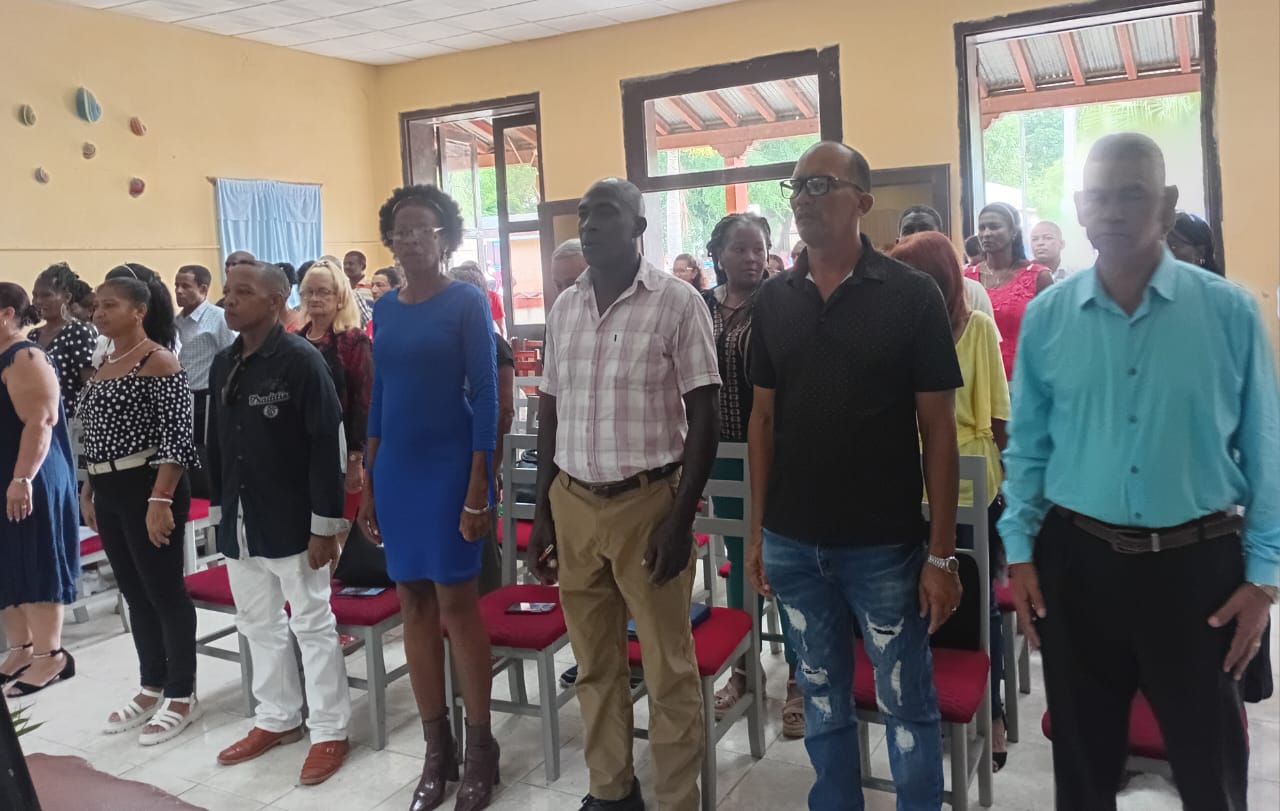 Guantánamo. – Topics of economic and social interest to the more than 42,000 residents of the Guantanamo municipality of El Salvador were analyzed during the 20th Ordinary Session of the People’s Power Assembly, corresponding to the eighteenth term.
Guantánamo. – Topics of economic and social interest to the more than 42,000 residents of the Guantanamo municipality of El Salvador were analyzed during the 20th Ordinary Session of the People’s Power Assembly, corresponding to the eighteenth term.
The 79 delegates, who make up the legislative body, evaluated the start of the 2025-2026 school year, which is distinguished by an enrollment of 6,771 students distributed across 103 educational institutions.
During the debate, the need to address the technological needs of the Antonio Maceo Grajales ESBEC Secondary School was emphasized. This center has been without a landline for three academic years, making it difficult for on-call teams to respond quickly to emergencies due to their lack of communication.
The situation of the Audiovisual Program’s equipment, such as televisions and computers, was also analyzed. Over 85% of the educational institutions report that the equipment is broken.
Another issue of concern analyzed in the meeting is the sale and quality of bread, especially in the Sempré and Carrera Larga settlements, where residents repeatedly complain about the product’s poor quality.
Community leaders also focused their analysis on the Board of Directors’ monitoring of the Program to correct distortions and boost the economy. Among their priorities, they stand out the increase and diversification of offerings.
The economic department learned that the territory produces 100 tons of coffee for export, that the planting of bananas, root vegetables, and vegetables is increasing, and that three forms of production that fail to comply with the contracting process are being monitored.